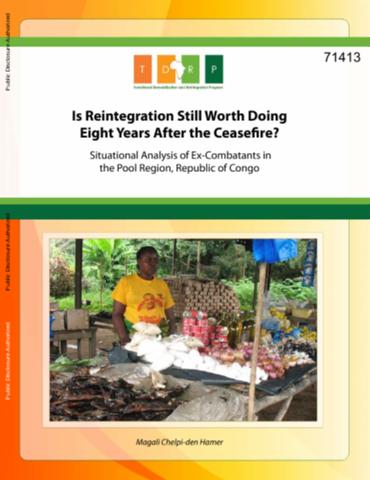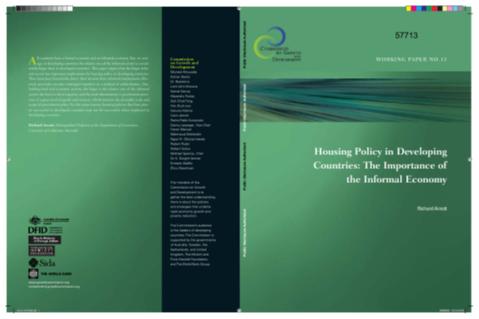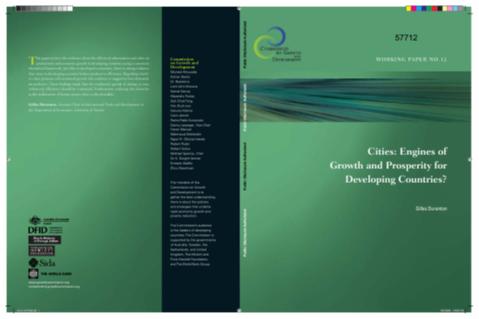Is Reintegration Still Worth Doing Eight Years After the Ceasefire?
Although official warfare in the Republic of Congo stopped more than eight years ago, the pool region has continued to feel the collateral effects of war until now at a scale largely ignored by the general public. The pool region is where the Ninjas, a group of local militias, originated during the civil strife and retreated to afterwards. Peace and recovery did not gain traction in the area until 2010/11.









